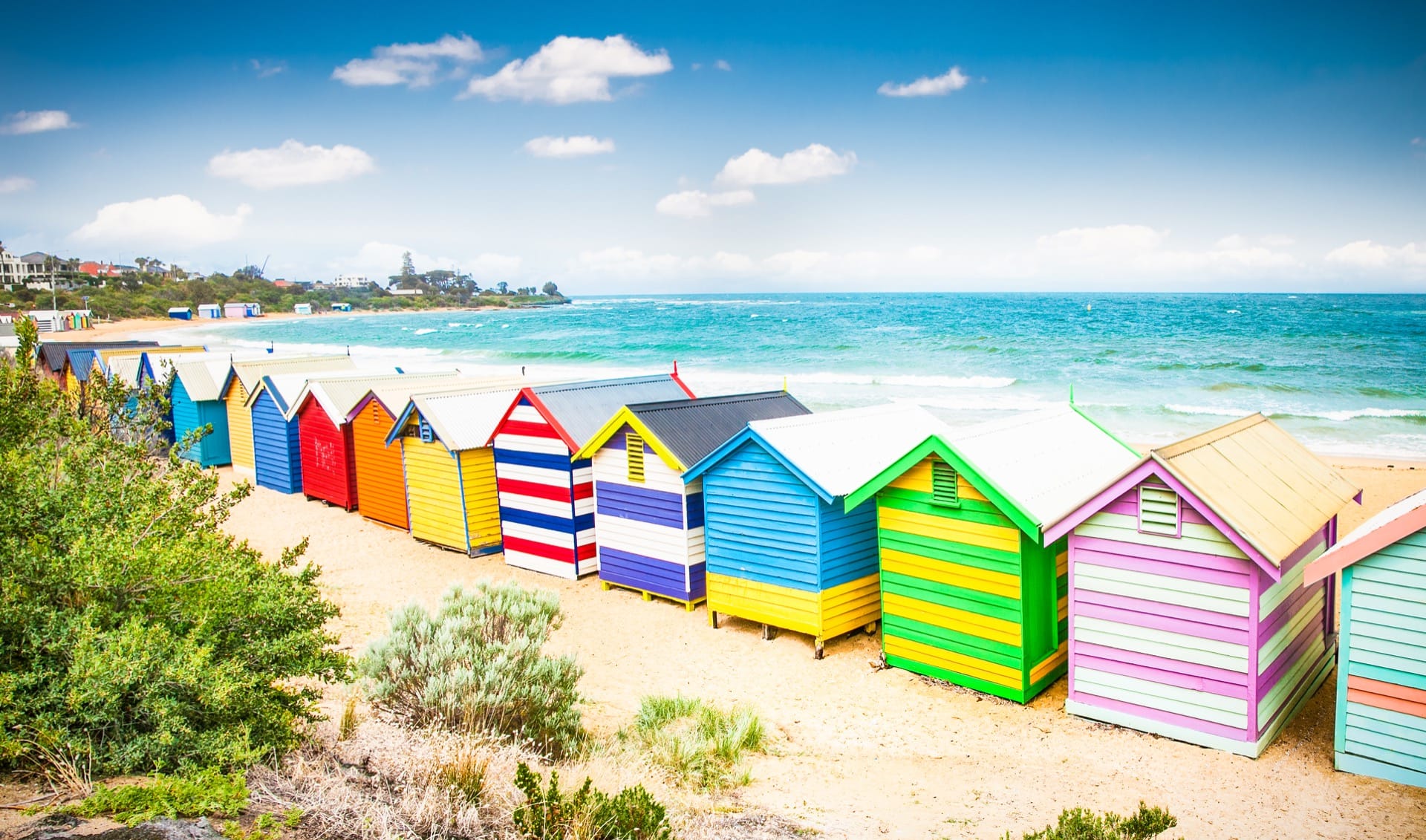With the Bureau of Meteorology predicting a warmer and dryer than average summer for 2019-2020, it’s important to be prepared for the heat. Whether or not you enjoy the summer months, excess heat can cause stress on our bodies and for some people, puts them at risk of heat-related illness.
Those most at risk of becoming unwell in extreme heat include:
- Babies and young children
- The elderly, particularly those living alone
- Women who are pregnant or breastfeeding
- People with chronic health conditions such as heart disease, diabetes or kidney disease
- People taking certain medications including diuretics and some blood pressure medications
- People who work outdoors or in hot and poorly ventilated areas
- Those taking part in vigorous physical activity in the heat
- Those who are not acclimatised to the heat such as overseas visitors or people who have recently moved from a cooler climate
Fortunately, there are steps you can take to reduce the risk of heat-related illness.
- Keep well hydrated. Drinking plenty of water is one of the best ways to avoid becoming unwell in the heat. Don’t wait until you feel thirsty, but instead make sure you drink water regularly throughout the day. Avoid alcohol, which can make dehydration worse, and if you are drinking alcohol ensure you also keep up your water intake.
- Keep cool. Where possible, stay out of the sun and try to keep as cool as possible. Wearing light, loose-fitting clothes made from natural fibres (such as cotton or linen), taking cool showers or baths, drinking cold drinks and eating cold meals (such as salads) can also help.
- Keep your house cool. Shut your curtains or blinds during the day, minimise using the stove or oven and open the windows when there is a cool breeze.
- Stay inside. If you were planning an outdoor activity, consider cancelling or postponing it to another time. Try to spend as much time as possible indoors, in cool or air conditioned buildings. If you don’t have air conditioning and are unable to stay cool at home, consider going to your local shopping centre, library, movie theatre or community centre.
- Keep food safe. While important at all times of the year, taking steps to prevent food poisoning is particularly important in hot weather as bacteria grow more readily in the warmth. Ensure foods that need refrigeration are stored properly and always defrost foods in the fridge and not out on the kitchen bench.
- Avoid strenuous activity. This includes playing sport, gardening or home renovations during extreme heat. Where possible, postpone these to another day.
- Protect yourself in the sun. If you need to be outside, it’s important to protect yourself from the sun. The Cancer Council recommends slipping on clothing that covers your shoulders, arms and legs, slopping on sunscreen (SPF 30+ or higher), slapping on a broad-brimmed hat, seeking shade whenever you can (particularly in the middle of the day when UV levels are highest) and sliding on sunglasses. For more information , including tips and resources for schools, workplaces and sporting groups, visit the Cancer Council website.
- Have a plan. Keep your eye on the weather forecast and know who to call if you are feeling unwell and need help. This is particularly important if you are at high risk of heat-related illness.
For more information visit the Health Direct website
References:
- Australian Government Bureau of Meteorology: Climate outlook for October to January
- Cancer Council: Sun Protection Recommendations
- Health Direct, Hot Weather Risks and Staying Cool
- Better Health Vic, How to cope and stay safe in extreme heat


